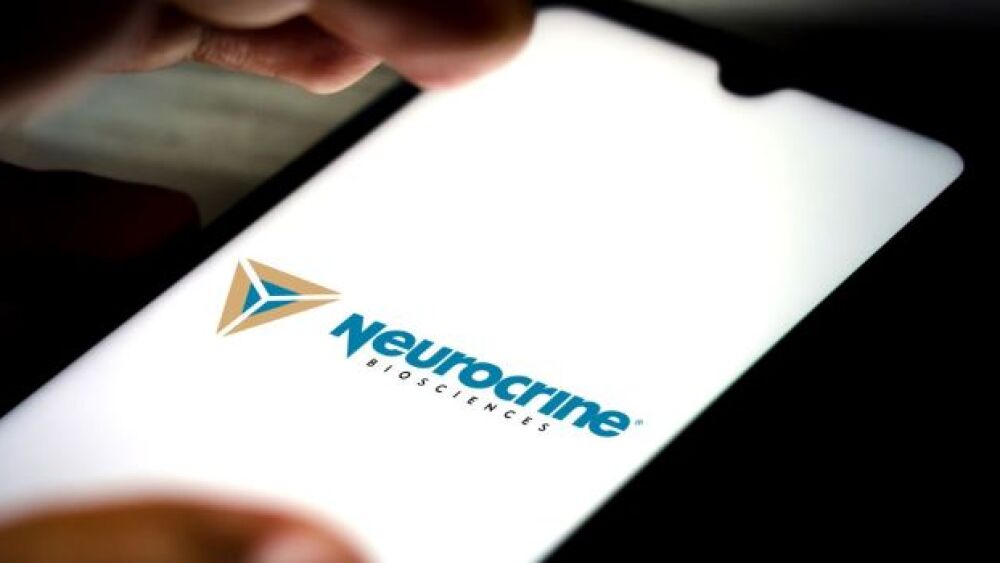The two companies first partnered in 2019 to develop a gene therapy treatment for Parkinson’s disease, and other neurodegenerative disorders.
Rafael Henrique/SOPA Images/LightRocket via Getty Images
Shares of Voyager Therapeutics dropped more than 12% before the opening bell this morning as investors are reacting negatively to an announcement that Neurocrine Biosciences is terminating a Parkinson’s disease collaboration between the two companies.
The two companies first partnered in 2019 to develop a gene therapy treatment for Parkinson’s disease, and other neurodegenerative disorders. The partnership was valued at approximately $1.7 billion if all milestones had been met – which they were not.
The Parkinson’s disease program was assessing NBIb-1817 (VY-AADC), an intracerebral AAV-based investigational gene therapy as a potential treatment for the disease. The gene therapy is designed to deliver the AADC gene directly into neurons of the putamen where dopamine receptors are located. This bypasses the substantia nigra neurons and enables the neurons of the putamen to produce the AADC enzyme to convert levodopa into dopamine. NBIb-1817 (VY-AADC) is administered into the brain using intraoperative monitoring with magnetic resonance imaging (MRI)-facilitated targeted delivery.
NBIb-1817 was in a Phase II study dubbed RESTORE-1. However that program hit a roadblock at the end of last year. The RESTORE-1 program was paused in December after the U.S. Food and Drug Administration placed a clinical hold on the gene therapy program. The program was paused after Neurocrine submitted an Investigational New Drug Safety Report related to the observation of MRI abnormalities in some RESTORE-1 study participants.
The mid-stage RESTORE-1 trial was aimed at patients who have been diagnosed with Parkinson’s disease for at least four years, are not responding adequately to oral medications, and have at least three hours of OFF time during the day. Three months before the trial was placed on clinical hold, Voyager and Neurocrine announced positive three-year efficacy and safety data in Parkinson’s disease patients who had been treated with VY-AADC. In its announcement, Voyager said patients treated with a one-time dose of the investigational gene therapy, NBIb-1817, showed a sustained improvement in motor function including greater “On” time without troublesome dyskinesia, reduction in Unified Parkinson’s Disease Rating Scale (UPDRS) Part III scores and reduction in the amount of medications in patients with Parkinson’s disease.
Last month, the FDA provided information to Neurocrine that was required to provide a complete response to the FDA in connection with the clinical hold, Voyager said. That information includes an assessment of how the investigational product may have given rise to the adverse findings, a mitigation plan to manage the adverse findings, and supportive data to justify that a favorable benefit/risk profile remains for the product, Voyager said in its announcement.
Instead of moving forward, Neurocrine opted to terminate the collaboration on that gene therapy asset. In its announcement regarding the terminated Parkinson’s disease program, Voyager said it understood Neurocrine dissolved the NBIb-1817 (VY-AADC) program following a portfolio review and prioritization of its current pipeline assets. The program will expire on Aug. 1 of this year, Voyager said.
Other programs included in the partnership between Voyager and Neurocrine, including one for Friedreich’s ataxia and two discovery programs have not been impacted and remain under active collaboration, Voyager said.
Voyager said it continues to evaluate the complete financial impact of the termination and the future of the Parkinson’s program and expects to provide an update in the future.





